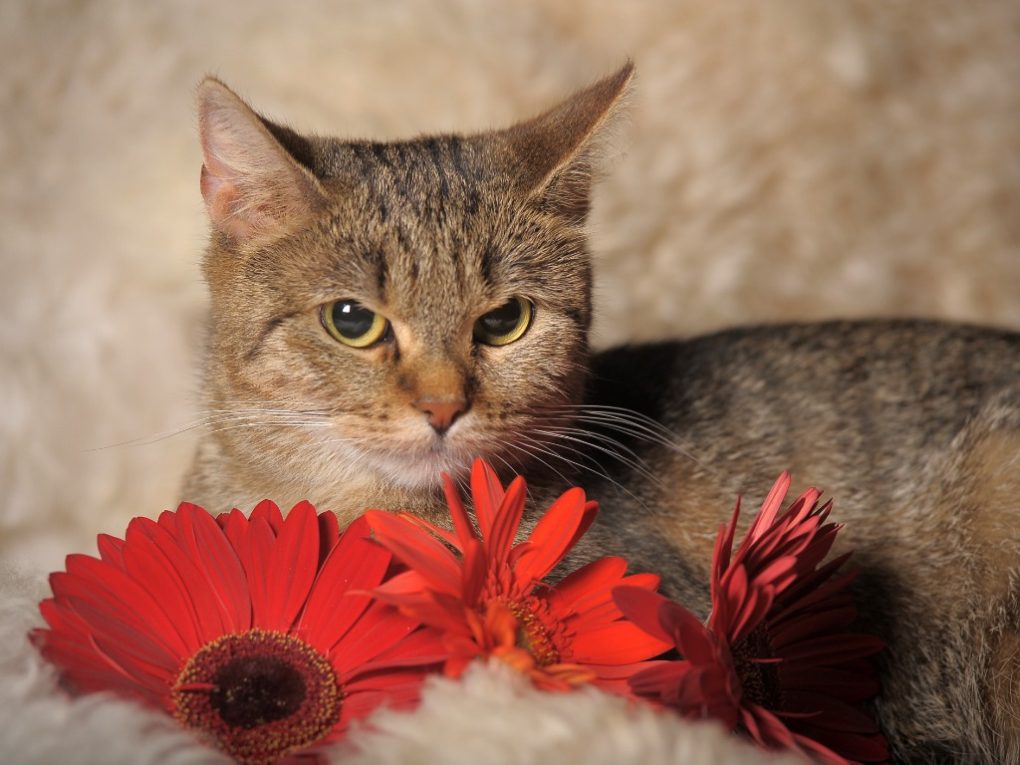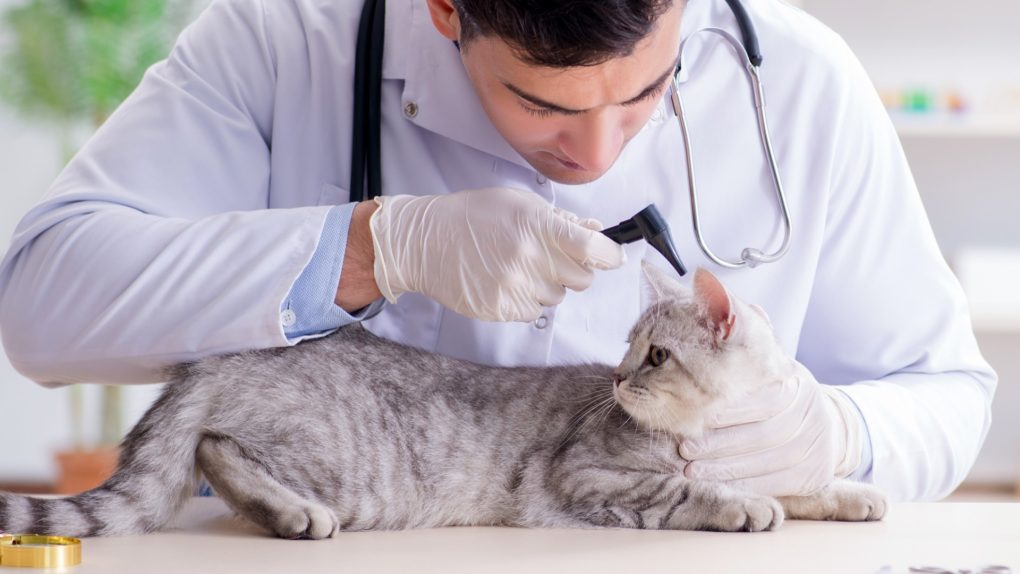Are Gerbera Daisies Toxic to Cats? Here’s What You Need to Know
Gerbera Daisies (Gerbera jamesonii) are not toxic to cats. According to the ASPCA (American Society for the Prevention of Cruelty to Animals), they are considered safe for pets as they are non-toxic.
While Gerbera Daisies pose no threat to feline health, keeping these plants out of reach is still advisable, as cats may chew on them which can lead to gastrointestinal issues, such as vomiting or diarrhea. This is true for any plant, even non-toxic ones, so always supervise your cat around plants.

Table of Contents
Symptoms of Gerbera Daisy Poisoning in Cats
Gerbera daisies are toxic to cats and can cause serious health problems if ingested. The symptoms of gerbera daisy poisoning in cats can vary depending on the amount of the plant that has been ingested and the cat’s size. Here are some of the most common symptoms:
● Vomiting
● Diarrhea
● Loss of appetite
● Weight loss
● Seizures
● Excessive drooling
● Dermatitis
● Poor coordination
● Internal bleeding (rare)
If a cat ingests too many gerbera daisies or any plant, it may experience a loss of control of the bowels. However, owners may notice that the feces are darker than usual. Prolonged diarrhea can be a serious issue as it can cause dehydration due to the excessive loss of fluids, especially when accompanied by vomiting.

It is important to note that if a cat ingests a gerbera daisy, it should be taken to the veterinarian immediately. The vet will be able to assess the cat’s condition and provide appropriate treatment. Sometimes, hospitalization may be necessary to monitor the cat’s condition and provide supportive care.
What to Do If Your Cat Eats a Gerbera Daisy
Immediate Steps
If you suspect your cat has ingested a Gerbera daisy, acting quickly is important. Here are the immediate steps to take:
● Any remaining plant material should be removed from your cat’s mouth and paws.
● Call your veterinarian or a pet poison control hotline for advice.
● Observe your cat for any signs of illness or discomfort.
Treatment Options
The treatment options for a cat that has eaten a Gerbera daisy depend on the severity of the symptoms. Here are some possible courses of action:
| Symptoms | Treatment |
| Mild gastrointestinal upset (vomiting, diarrhea, loss of appetite) | Monitor your cat and provide supportive care (e.g. fluids, bland diet, probiotics). |
| Severe gastrointestinal upset (prolonged vomiting, bloody diarrhea, dehydration) | Bring your cat to the veterinarian for evaluation and treatment (e.g. anti-nausea medication, fluids, hospitalization). |
| Other symptoms (e.g. lethargy, difficulty breathing, seizures) | Bring your cat to the veterinarian or an emergency clinic immediately. |
It’s important to note that prevention is the best approach to keeping your cat safe from toxic plants. Keep all flowers and plants out of your cat’s reach, and choose cat-friendly varieties for your home and garden.
Preventing Gerbera Daisy Poisoning in Cats
Keeping Gerbera Daisies Out of Reach
Cats are curious creatures and may be attracted to the bright colors of Gerbera daisies. It is important to keep these flowers out of reach to prevent poisoning. Place them in areas where cats cannot access them, such as high shelves or rooms off-limits to cats. If you have a curious cat, avoiding having Gerbera daisies in your home is best.

Alternatives to Gerbera Daisies
If you want to add some color to your home, but are concerned about your cat’s safety, there are plenty of safe alternatives to Gerbera daisies. Some cat-friendly plants include:
● Spider plants
● African violets
● Boston ferns
● Christmas cactus
The plants are not only safe for cats, but they also add a touch of greenery to your home. It is important to note that even though these plants are safe for cats, they should still be kept out of reach to prevent accidental ingestion. In conclusion, Gerbera daisies are not toxic to cats, but taking precautions to prevent poisoning is still important. By keeping these flowers out of reach and opting for cat-friendly plants, you can ensure the safety of your furry friend.
